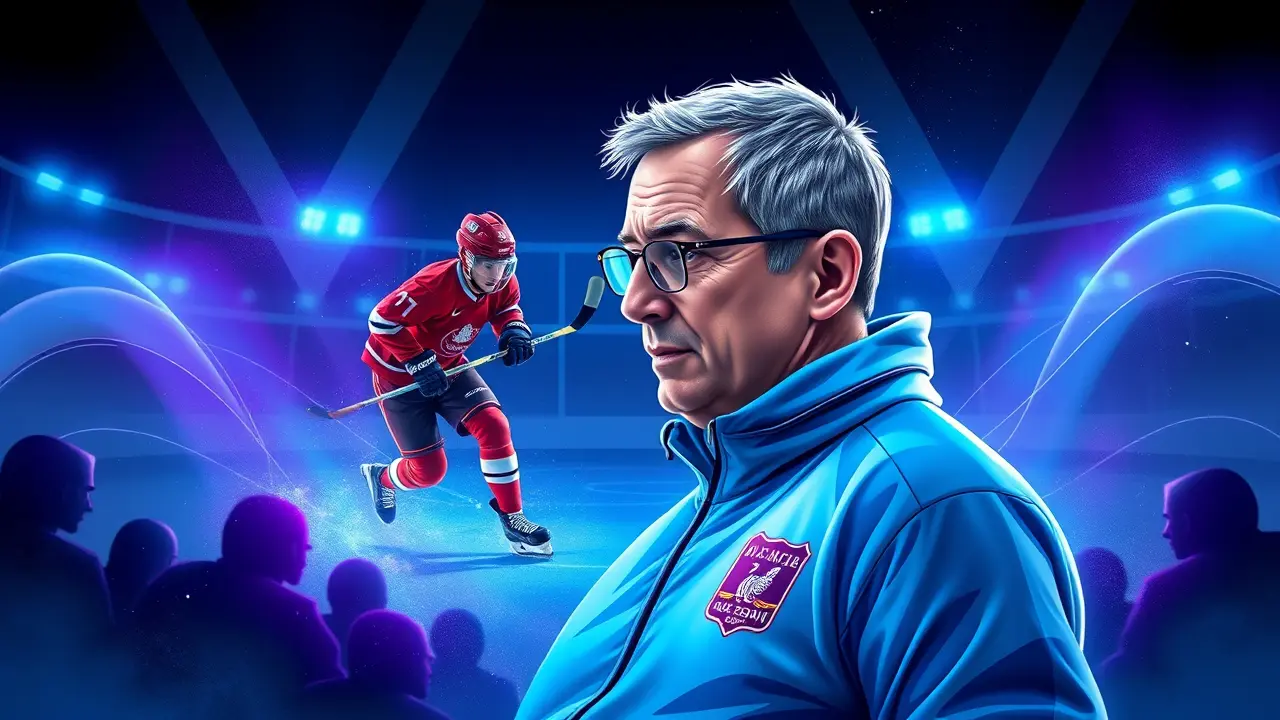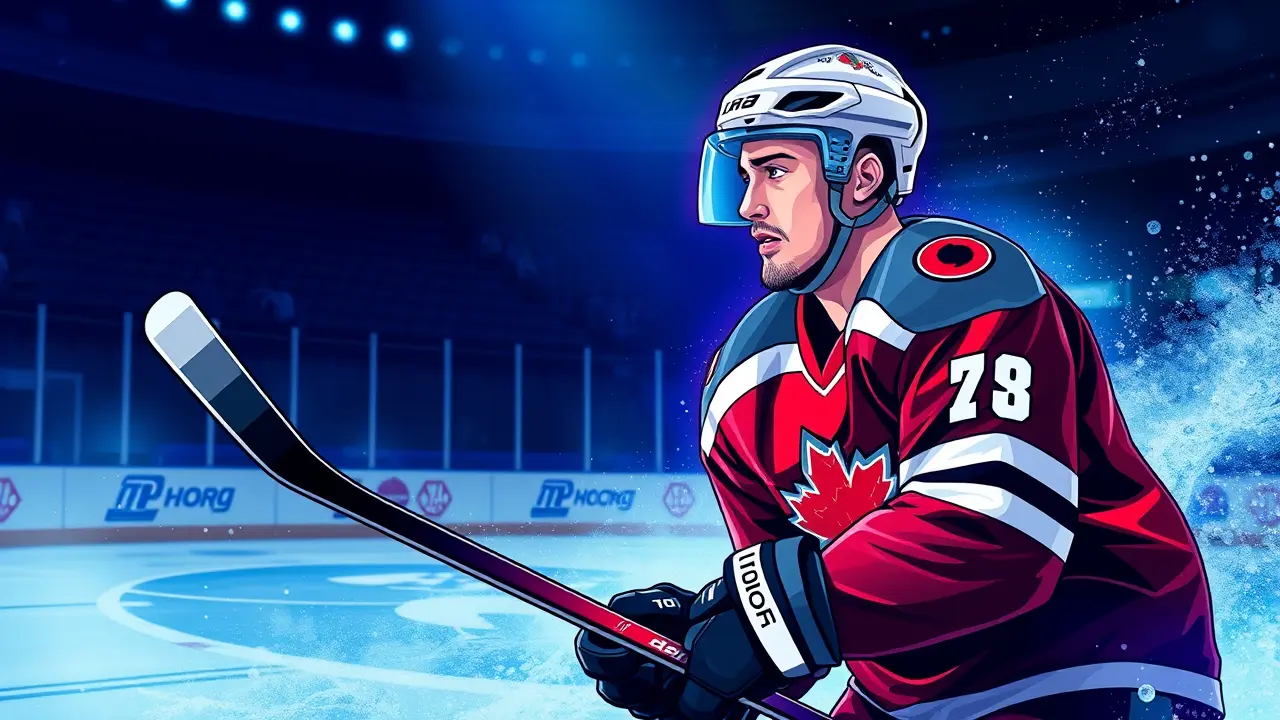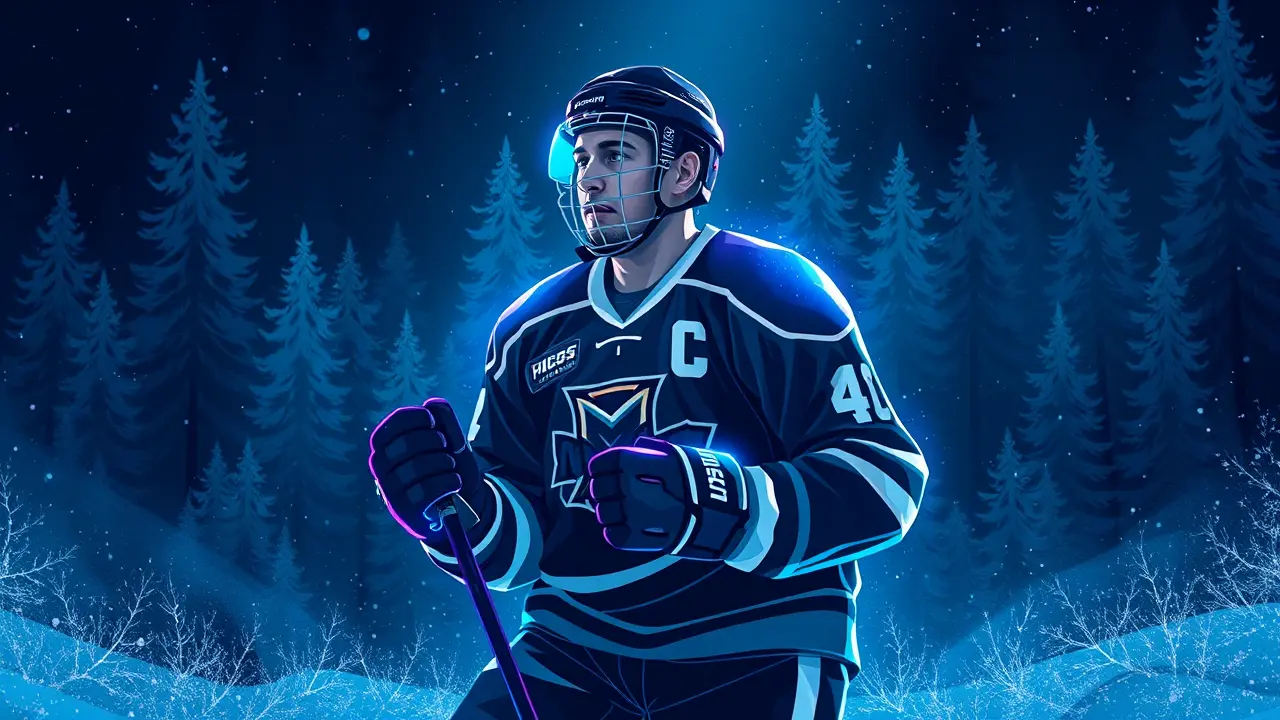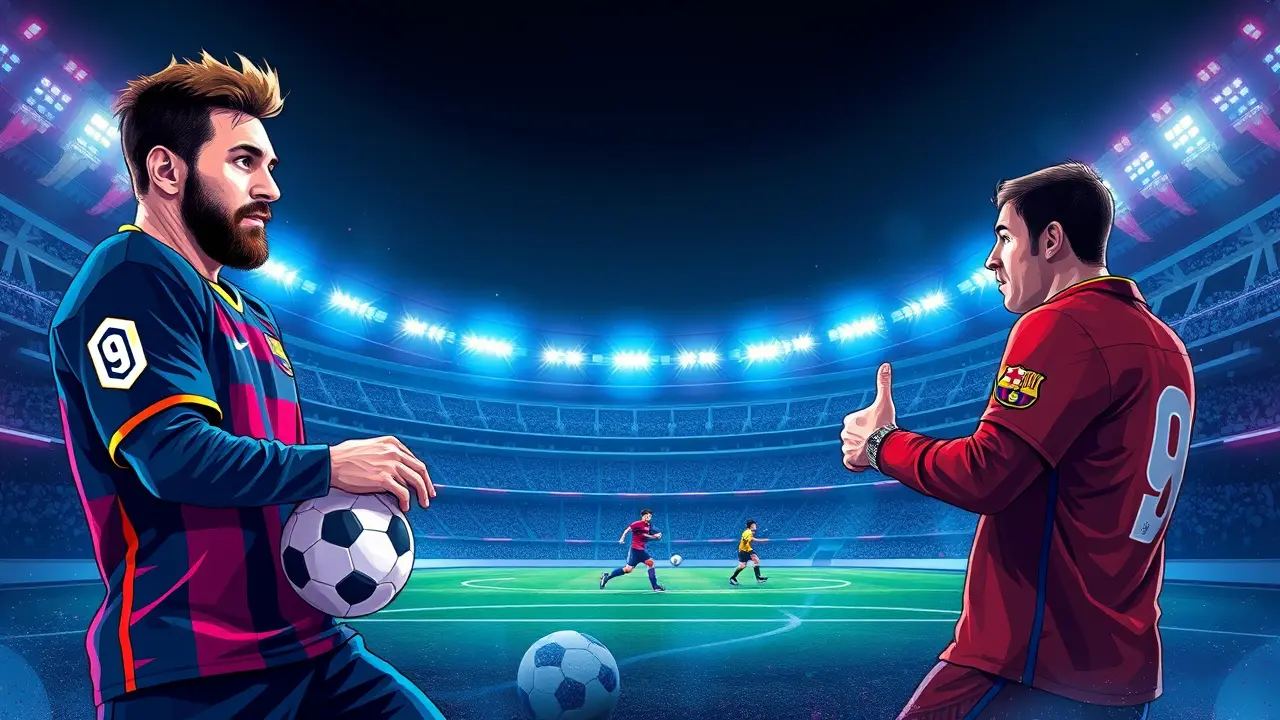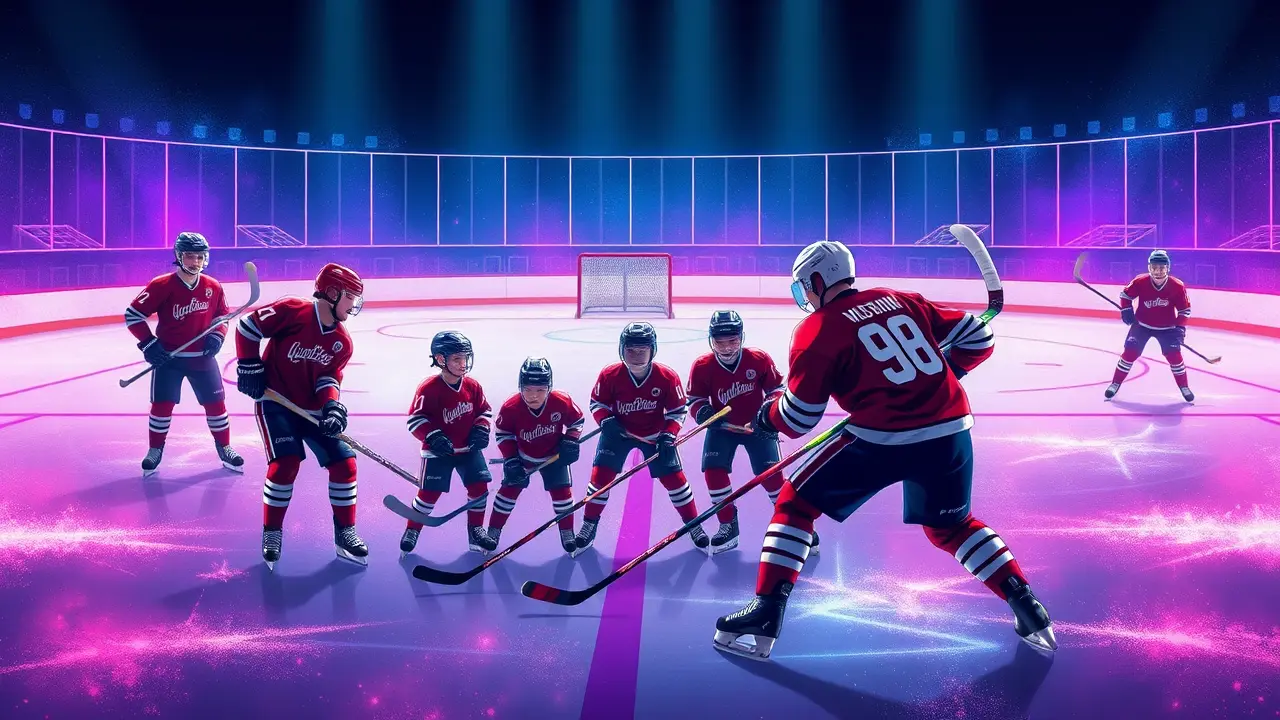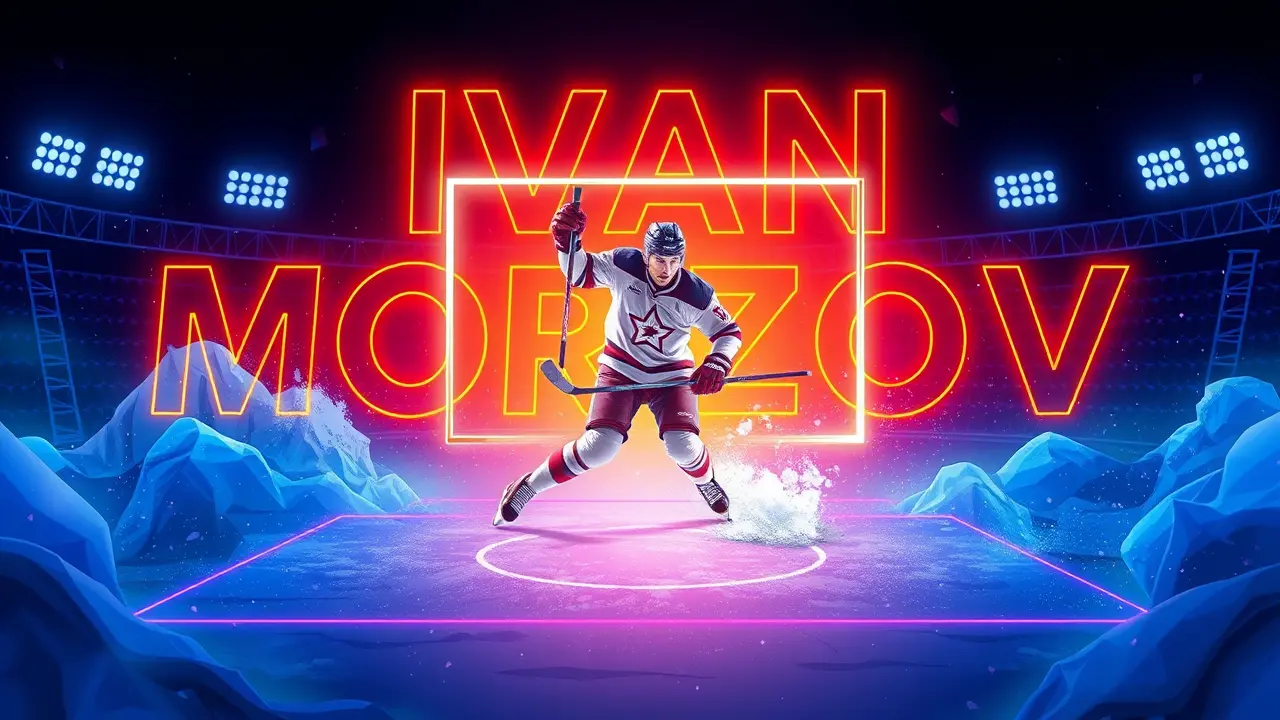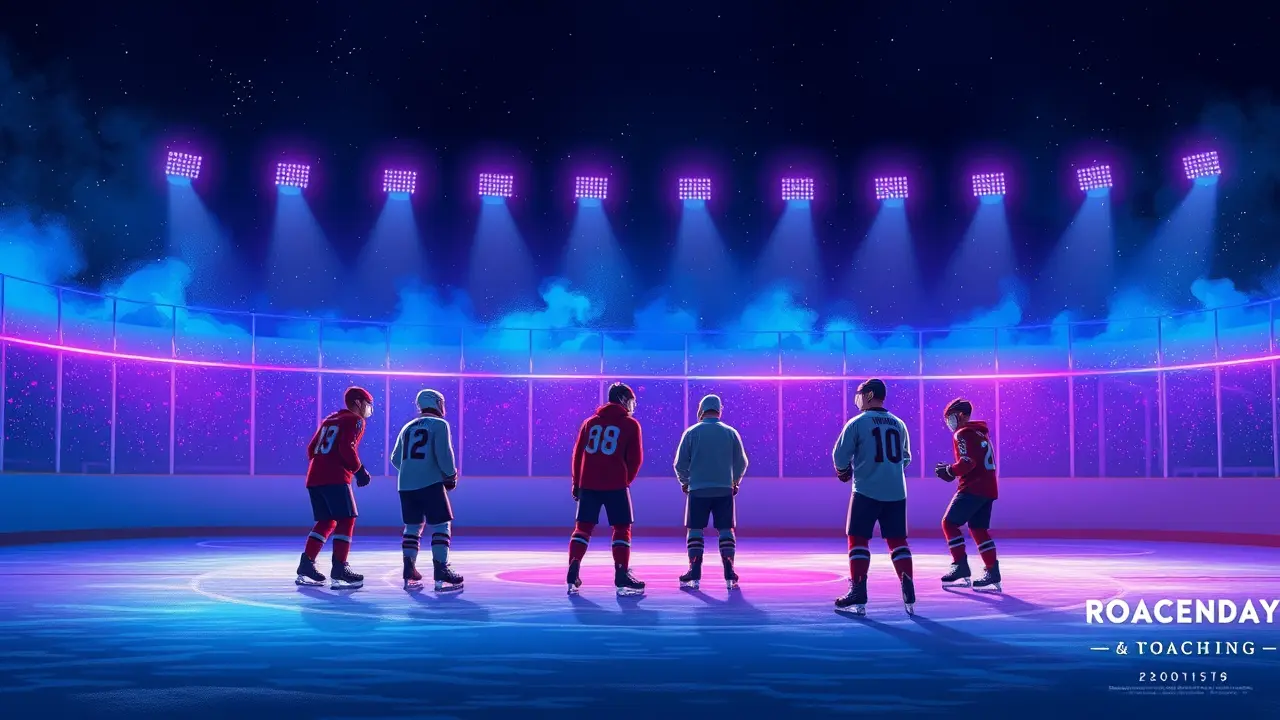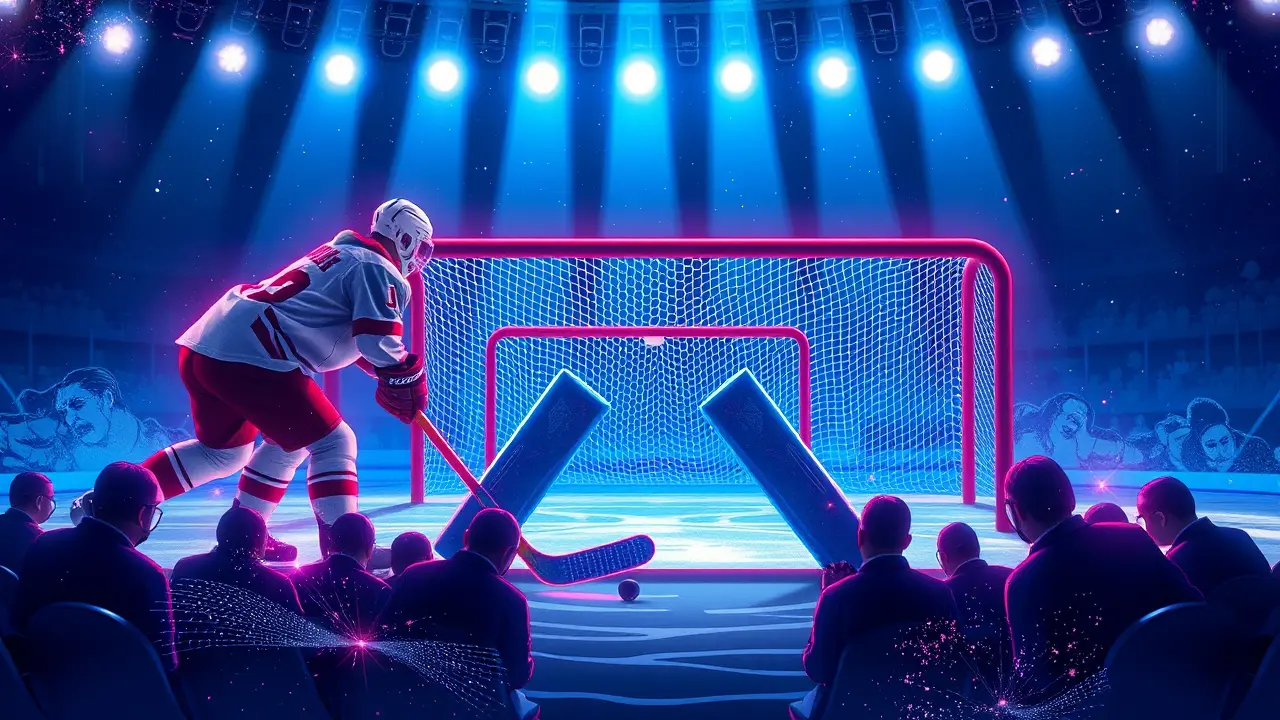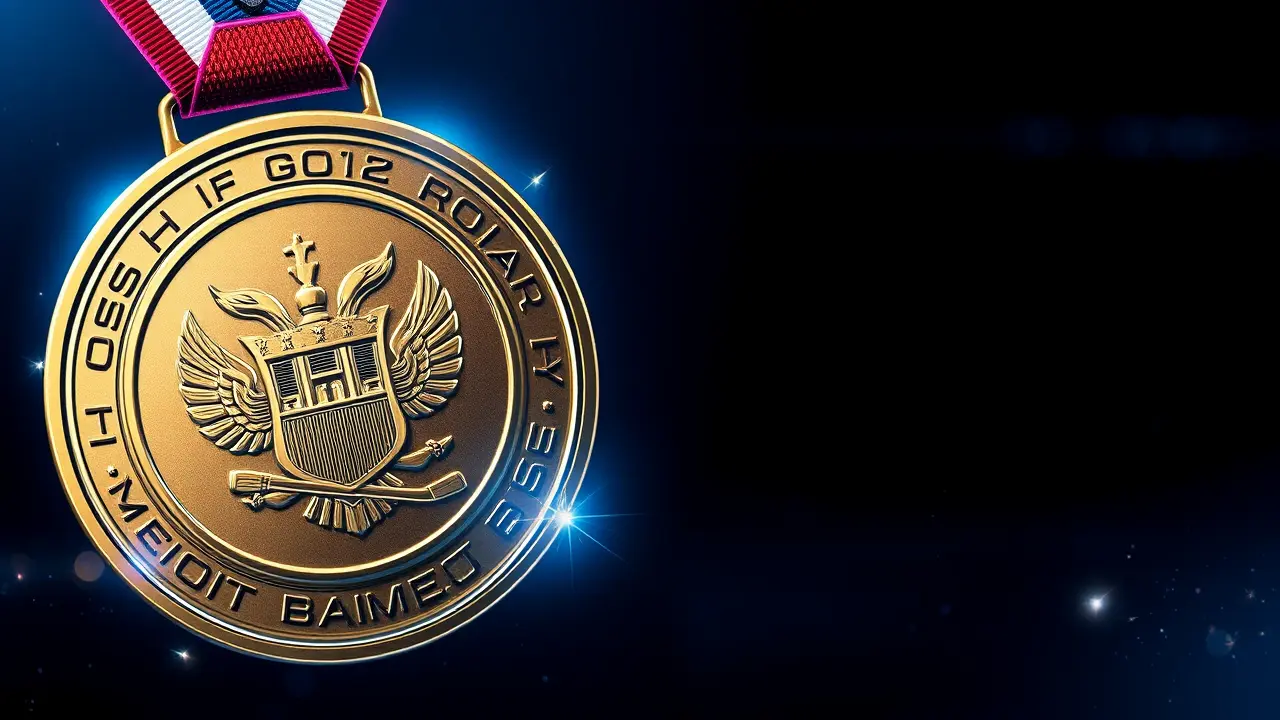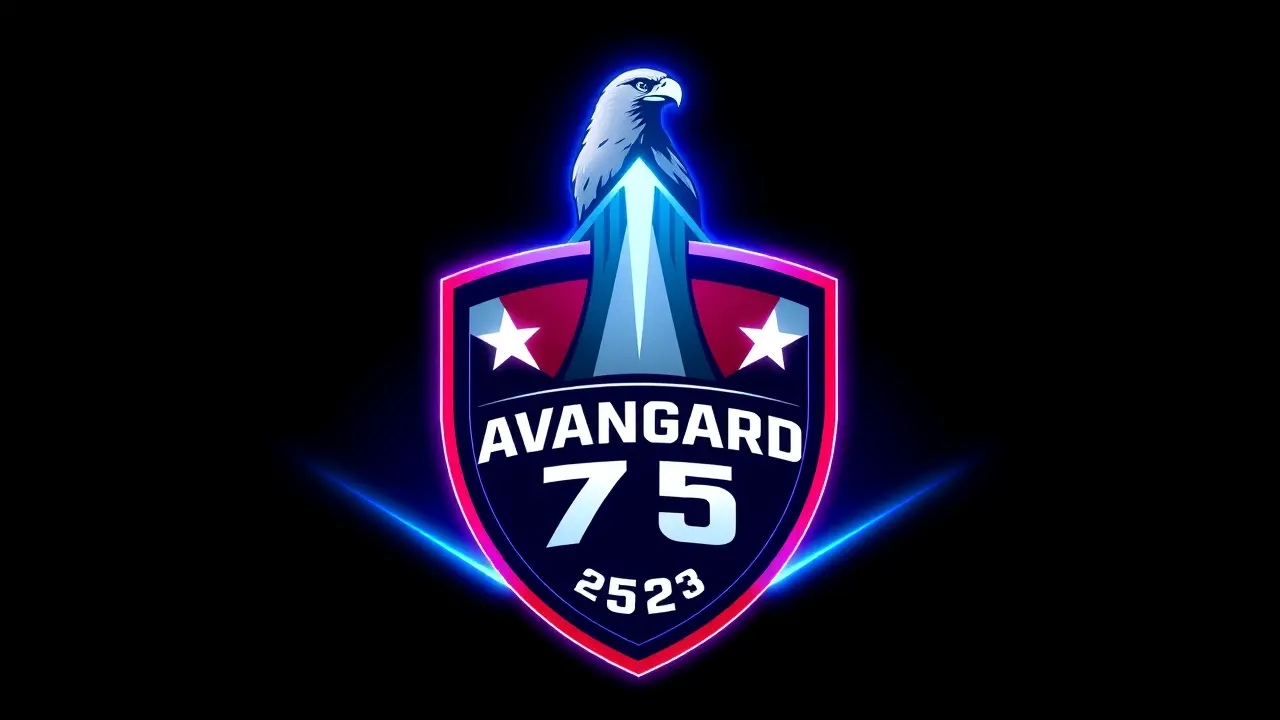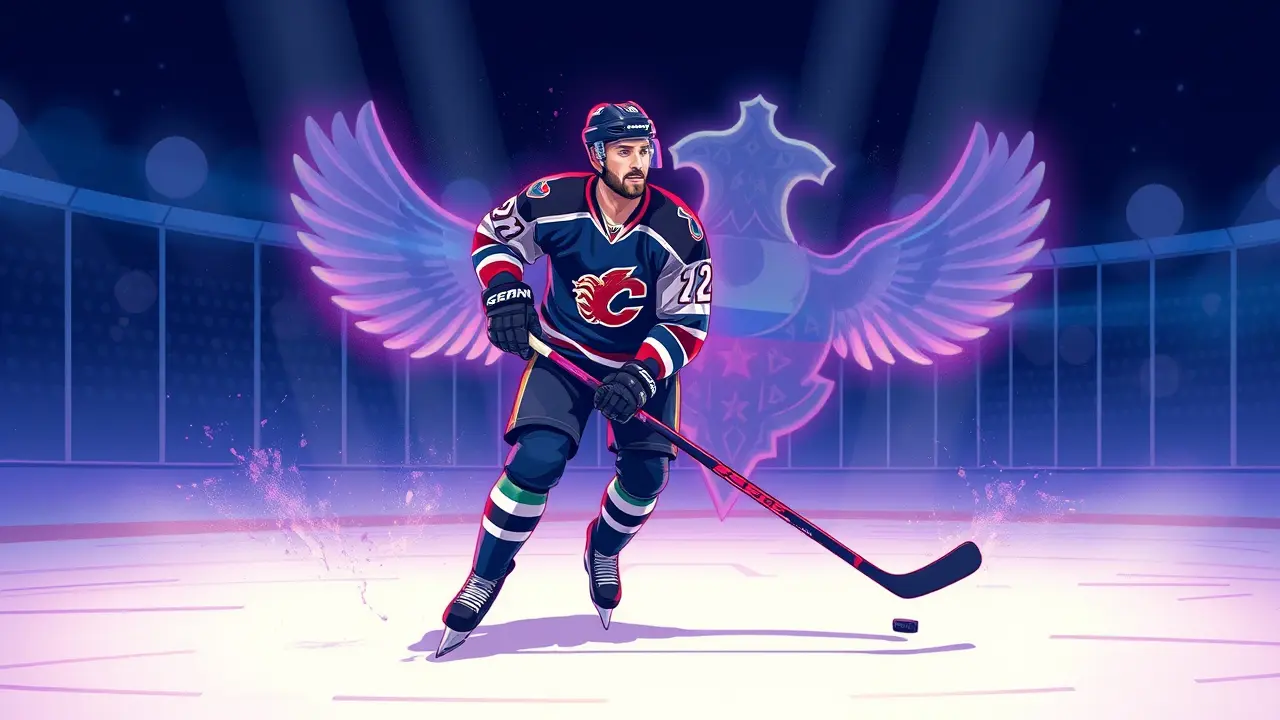
SporthockeyKHL
Josh Leivo denies rumors of becoming a Russian politician.
JA
Jack Turner
3 hours ago7 min read
In a bizarre twist that seems more fitting for a political thriller than the sports section, Chelyabinsk Traktor forward Josh Leivo has been forced to categorically deny swirling rumors that he plans to trade his hockey stick for a seat in Russian parliament upon retirement. The story, which first surfaced in April, suggested the Canadian-born winger was eyeing a post-hockey career as a Russian deputy, a claim Leivo met with incredulous laughter during a recent team interaction, stating, 'This is the first time I'm hearing about this! I came to Russia to play hockey, and I'm not looking for anything else.' This isn't just a simple denial; it's a stark reminder of the surreal intersection where international sports, geopolitics, and media sensationalism violently collide, creating narratives that can overshadow an athlete's actual career. Leivo, a veteran of over 200 NHL games with teams like the Vancouver Canucks and Calgary Flames, represents a growing cohort of North American players who have taken their talents to the Kontinental Hockey League (KHL), lured by competitive salaries and a high level of play, yet his experience highlights the unique pressures they face off the ice.His agent's subsequent, more aggressive statement—threatening legal action against the original source and declaring a media blackout with Russian outlets—escalates this from a mere oddity into a significant incident with potential ramifications for foreign players' relations with the local press and their sense of security abroad. One can draw a parallel to the immense, often unwanted, political spotlight shone on athletes like NBA legend LeBron James, who is constantly prodded to comment on American politics, but Leivo's situation is inverted; he's being drafted into a political narrative not of his own country, but of his host nation, a precarious position for any foreign worker.The very premise of the rumor, while outlandish, taps into a deeper, more complex history of sports figures being used for political capital or 'soft power' projects in Russia, a strategy seen with other high-profile athletes in the past. For Leivo, a player known more for his gritty, bottom-six forward play than for any political aspirations, this episode is an unwelcome distraction, forcing him to defend his professional intentions in a landscape where such stories can gain dangerous traction.It raises critical questions about the sources of such disinformation and their motives—is it a clumsy attempt at PR, a deliberate smear, or simply the byproduct of a frenetic news cycle desperate for headlines? The fallout is tangible: his agent's vow to potentially sue and cut off communication with Russian media creates an immediate chasm, potentially isolating Leivo from the fanbase that cheers for him and complicating his integration into the community. This incident serves as a cautionary tale for the dozens of other Canadians, Americans, and Europeans currently plying their trade in the KHL; their careers exist not in a vacuum but within a highly charged geopolitical context where their presence can be misinterpreted or weaponized. Ultimately, while Josh Leivo's primary battle remains on the ice, helping Traktor climb the Eastern Conference standings, this off-ice skirmish underscores a modern reality for the globetrotting athlete: your legacy isn't just defined by goals and assists, but also by the narratives you are forced to shoot down.
#hockey
#KHL
#Traktor Chelyabinsk
#Josh Leivo
#rumors
#denial
#featured
Stay Informed. Act Smarter.
Get weekly highlights, major headlines, and expert insights — then put your knowledge to work in our live prediction markets.
Related News
© 2025 Outpoll Service LTD. All rights reserved.

